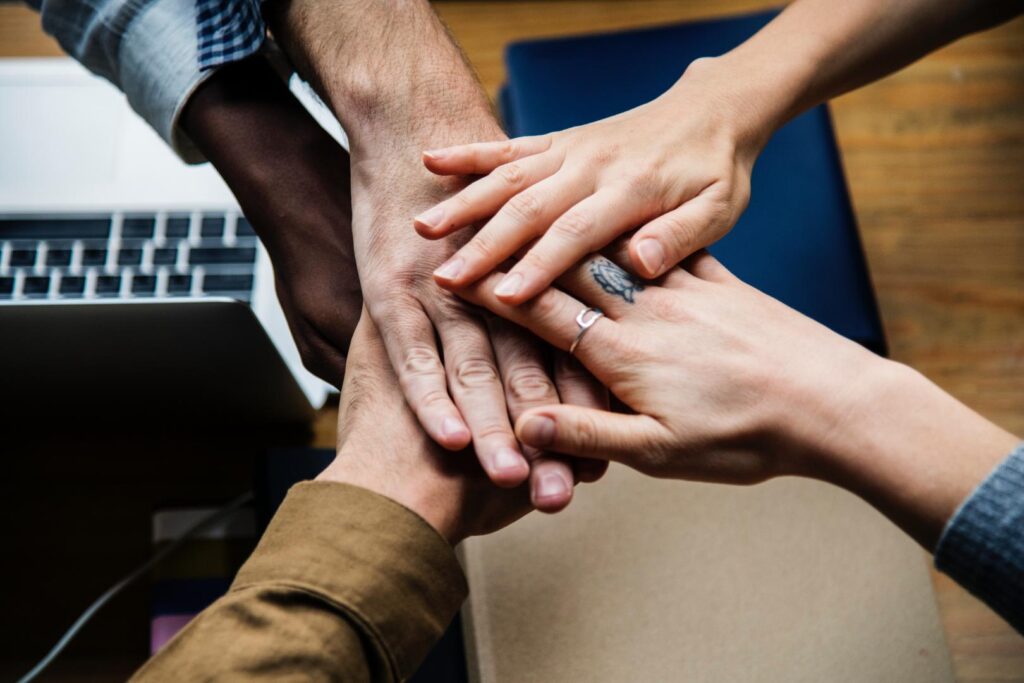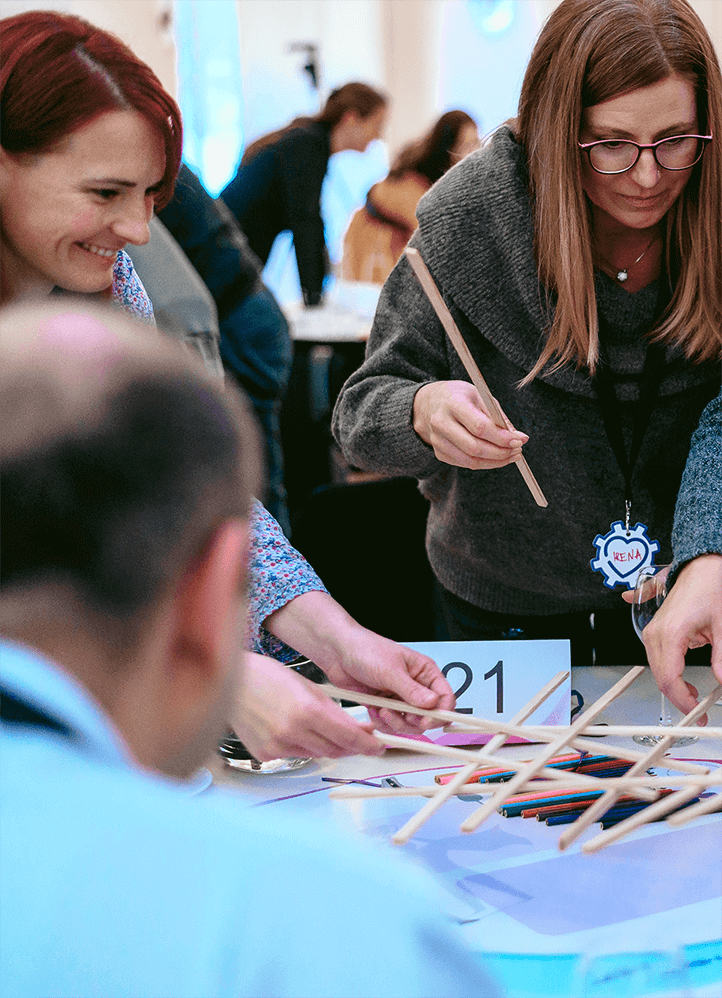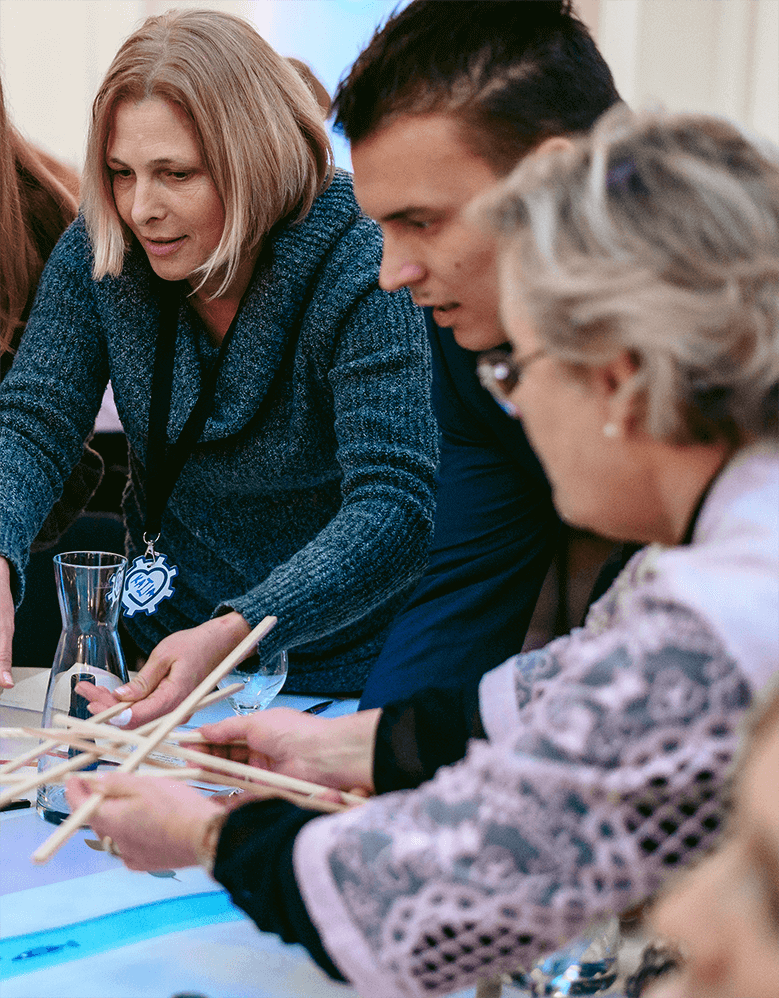
The meaning of teambuilding programs
Why implement team buildings when working with teams is a legitimate question.
Teambuilding is a relatively modern concept, but this does not mean that such activities have not happened before. Wherever there was a need for the highest possible level of efficiency, the group tried to create cohesiveness, knowing that it led to the desired collaboration and results.
One of the first teams can be understood as a Roman unit called "contubernium". It represented a unit of 8 men who lived in the same tent, ate from the same bowl and always fought together. The soldiers were not only connected by training, but above all by common experience and common life. One could say that this is the epitome of modern teambuilding. Of course, it has evolved over the course of history and, at the end of the 20th century, under the name we use today, became fully anchored in the modern business world.

So why teambuilding?
One can legitimately ask: “Why implement team buildings when working with teams?” As managers in modern companies view most things through the prism of economic efficiency. Teambuilding can be a significant expense, raising the question of what ROI is/will be like. Why is ROI positive after a properly executed teambuilding program? Teams usually consist of people with different skills, experiences and personal characters. It is this diversity that brings ideas to light, those small, everyday constructive conflicts that bring change and a fresh wind to business. But how can people with such different views work together without breaking up because of conflict? Answer: Teams must systematically build a culture of mutual respect and trust.
Teambuildings develop skills
When people work together in the spirit of genuine collaboration, the result is synergy; this in turn affects productivity, innovation, quality as well as employee satisfaction. The extent to which a “team” is actually a real team depends on the communication and leadership skills of all team members, not just the manager. In order to develop these skills, more and more organizations are using programs designed to maintain ties between team members, i.e. teambuilding. By doing so, teams work hard to maintain a positive team dynamic, find it much easier to cope with challenges at work and to eliminate conflict situations faster.Teambuilding programs influence the development of skills such as:
- team problem solving
- team planning (goal setting)
- effective communication
- individual and group dedication
- conflict management and resolution
- decision making
- understanding and respecting diversity
- team spirit, trust and interdependence
Tips on creating the right teams
New developments in activities, teamwork and training
We create solutions for your team
Dedicated to developing innovative teambuilding programs, which help companies and teams.









